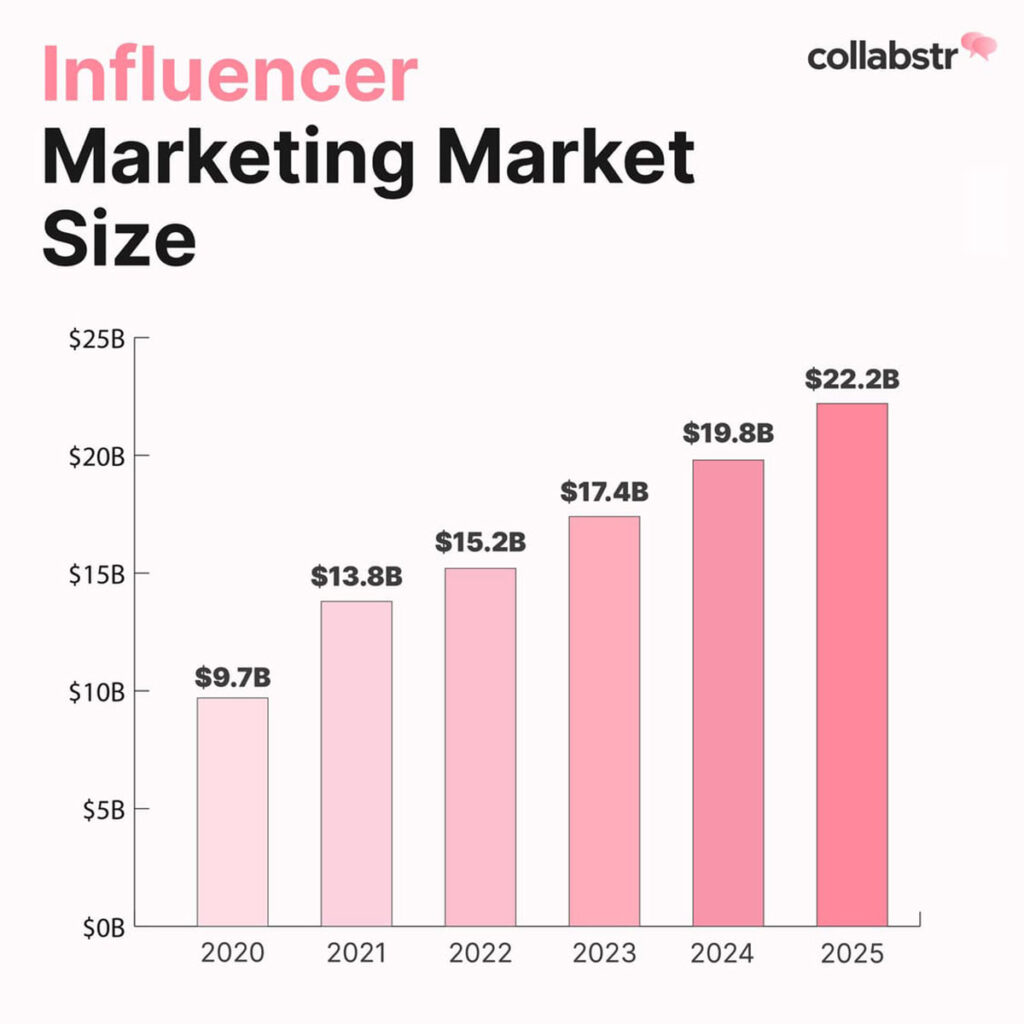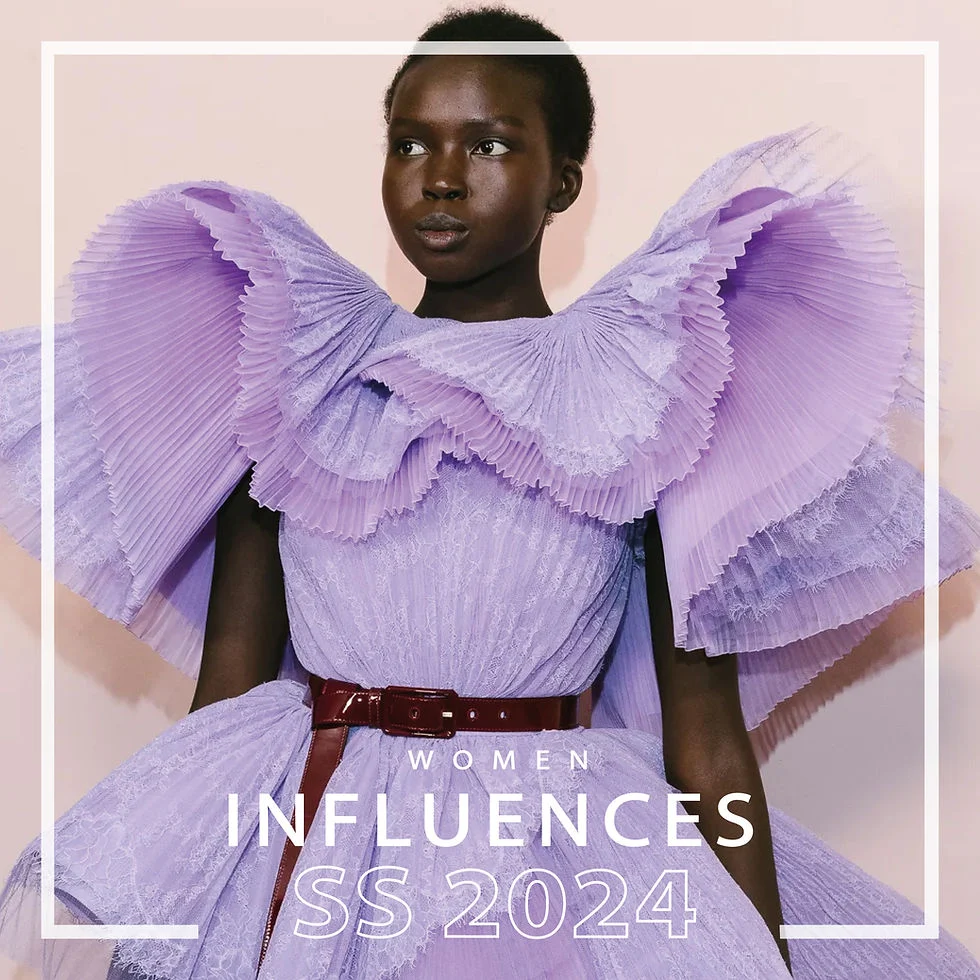In today’s digital age, the impact of social media influencers on fashion trends and consumer behavior has become a pivotal topic of discussion. With platforms like Instagram, TikTok, and YouTube, influencers have transformed the way fashion is perceived and consumed. They not only showcase the latest styles but also create a direct connection with their audience, making them powerful trendsetters. This article delves into the intricate relationship between social media influencers and the fashion industry, highlighting how their endorsements and personal styles shape consumer preferences.
As we explore this phenomenon, you will learn about the various strategies influencers employ to engage their followers and the psychological factors that drive consumer behavior in the fashion sector. We will examine case studies of successful influencer campaigns and discuss the metrics that indicate their effectiveness. Additionally, we will uncover the challenges and ethical considerations that arise in this rapidly evolving landscape.
By understanding the impact of social media influencers on fashion trends, you will gain insights into how these digital personalities not only influence what we wear but also how we perceive brands and make purchasing decisions. Whether you are a fashion enthusiast, a marketer, or simply curious about the dynamics of social media, this article promises to provide valuable information and engaging perspectives. So, keep reading to discover the fascinating world where fashion meets social media!
Social media influencers have become pivotal in shaping fashion trends and influencing consumer behavior. Their ability to reach vast audiences and create engaging content has transformed the fashion industry. This article explores various aspects of this phenomenon through six key subtopics.
The Rise of Influencer Marketing in Fashion
The emergence of social media platforms has given rise to influencer marketing, where brands collaborate with individuals who have a significant following. This strategy has proven effective in the fashion industry, as influencers can showcase products in a relatable manner. By leveraging their personal style and authenticity, influencers create a connection with their audience, making them more likely to purchase the featured items.
Moreover, influencer marketing allows brands to target specific demographics effectively. For instance, a fashion influencer who resonates with Gen Z can help brands reach this younger audience more efficiently than traditional advertising methods. This shift in marketing strategy has led to a surge in influencer partnerships, fundamentally changing how fashion brands promote their products.
The Role of Authenticity in Influencer Content
Authenticity is crucial in the relationship between influencers and their followers. Consumers are increasingly seeking genuine recommendations rather than polished advertisements. Influencers who share their personal experiences with products tend to build trust and credibility, which significantly impacts consumer behavior. This trust translates into higher engagement rates and increased sales for brands.
Furthermore, influencers who maintain transparency about sponsored content foster a sense of honesty with their audience. This practice not only enhances their reputation but also encourages followers to make informed purchasing decisions. As a result, authenticity has become a key factor in the success of influencer marketing campaigns in the fashion sector.
The Impact of Social Media Trends on Fashion Choices
Social media platforms are breeding grounds for fashion trends, with influencers often at the forefront. Viral challenges, hashtags, and trends can quickly influence consumer choices, leading to a rapid shift in what is considered fashionable. For example, the rise of sustainable fashion has been significantly propelled by influencers advocating for eco-friendly brands and practices.
This phenomenon highlights the power of social media in shaping consumer preferences. As trends emerge and evolve, consumers are more likely to adapt their fashion choices to align with what they see on their feeds. Consequently, brands must stay attuned to these trends to remain relevant in a fast-paced market.
The Influence of Micro-Influencers on Niche Markets
While mega-influencers have a broad reach, micro-influencers often have a more engaged and loyal following. These individuals typically focus on niche markets, allowing them to connect deeply with their audience. In the fashion industry, micro-influencers can effectively promote specific styles or brands that resonate with their followers.
Brands are increasingly recognizing the value of collaborating with micro-influencers, as they often yield higher engagement rates and conversion rates. This strategy allows brands to tap into niche markets and foster a sense of community among consumers who share similar interests in fashion.
The Effect of Social Media on Consumer Purchase Decisions
Social media has transformed the consumer journey, with influencers playing a significant role in shaping purchase decisions. Research indicates that consumers are more likely to buy products endorsed by influencers they follow. This trend is particularly evident in the fashion industry, where visual platforms like Instagram and TikTok showcase products in an appealing manner.
Additionally, the immediacy of social media allows consumers to make quick purchasing decisions. Influencers often provide direct links to products, making it easier for followers to shop instantly. This convenience, combined with the persuasive power of influencer endorsements, has led to a significant increase in impulse buying among consumers.
The Future of Fashion Influencer Marketing
As the digital landscape continues to evolve, the future of fashion influencer marketing looks promising. Brands are likely to invest more in data-driven strategies to identify the right influencers for their campaigns. Additionally, the rise of new platforms and technologies, such as augmented reality, may further enhance the influencer experience.
Moreover, as consumers become more discerning, brands will need to prioritize authenticity and transparency in their collaborations. The ongoing evolution of social media will undoubtedly shape the future of fashion trends and consumer behavior, making it essential for brands to adapt to these changes.
| Aspect | Description |
|---|---|
| Definition of Social Media Influencers | Individuals who have established credibility in a specific industry and have a large following on social media platforms, often impacting their audience’s purchasing decisions. |
| Influence on Fashion Trends | Influencers often set or popularize fashion trends by showcasing outfits, styles, and brands, leading to rapid adoption among their followers. |
| Consumer Behavior | Followers are more likely to purchase products endorsed by influencers they trust, leading to changes in consumer behavior and preferences. |
| Brand Collaborations | Many brands partner with influencers for marketing campaigns, leveraging their reach to promote new collections and increase brand visibility. |
| Authenticity and Trust | Influencers who maintain authenticity and engage genuinely with their audience tend to have a stronger impact on consumer trust and loyalty. |
| Impact on Fast Fashion | The rapid promotion of trends by influencers contributes to the fast fashion industry, encouraging quick production and consumption cycles. |
| Social Media Platforms | Platforms like Instagram, TikTok, and YouTube are pivotal in influencer marketing, providing visual content that drives engagement and sales. |
| Challenges and Criticism | Influencer marketing faces challenges such as authenticity concerns, over-saturation, and the potential for negative consumer backlash if influencers promote unsustainable practices. |



